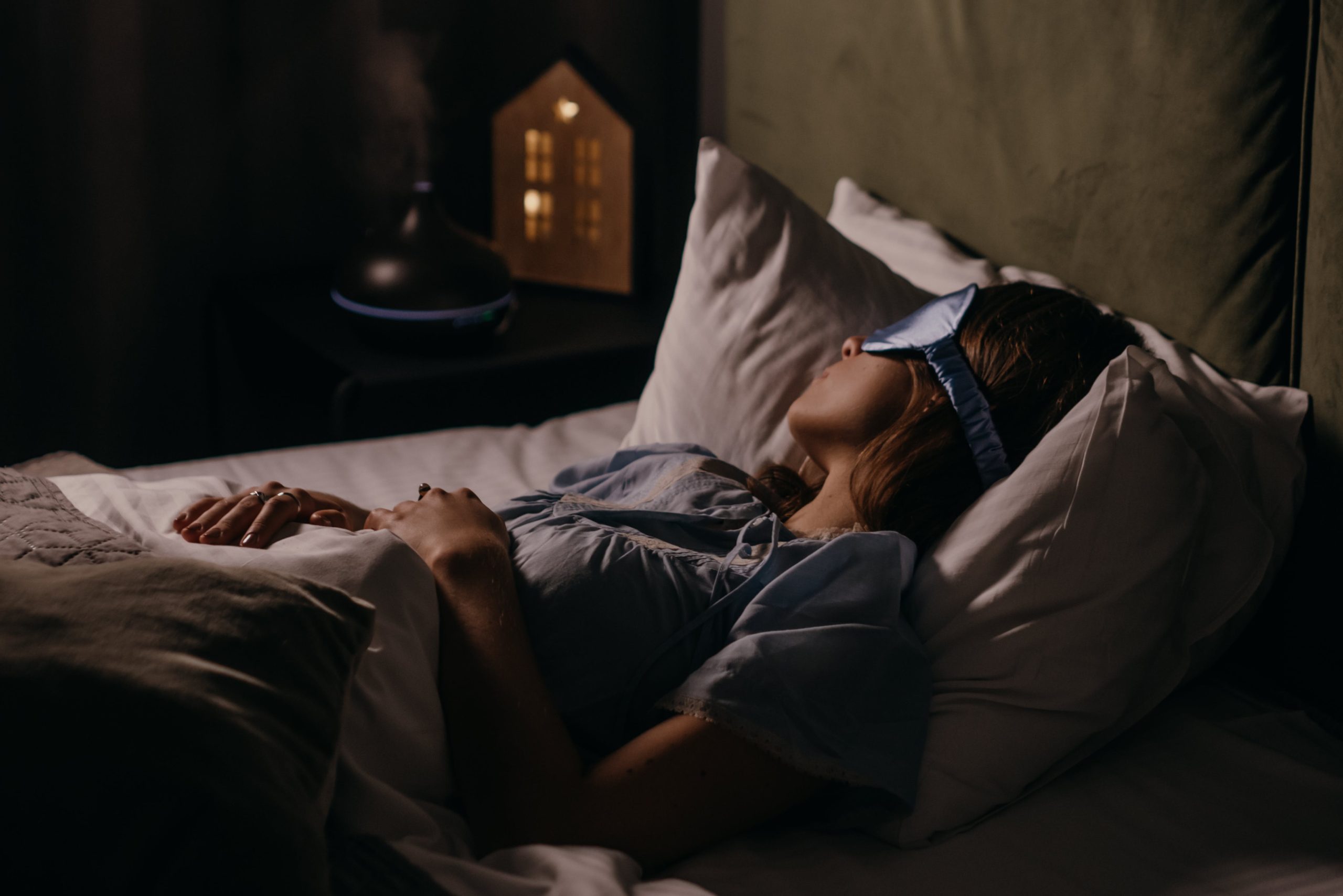
Improve Your Sleep Quality Tonight with the Ultimate Sleep Hygiene Guide
Sleep is the foundation of our happiness, but it is often elusive in our fast-paced existence. A good night’s sleep is a need for our physical health, mental clarity, and overall productivity. Sleep hygiene is a set of routines and habits aimed at improving sleep quality. Here’s the complete guide to improving your sleep hygiene and getting a good night’s sleep.
Understanding Sleep Hygiene
What is Sleep Hygiene?
Sleep hygiene refers to the habits and environmental factors that influence the quality of one’s sleep. It entails developing an ideal sleeping environment and establishing behaviors that support restorative sleep.
Why Does Sleep Hygiene Matter?
It’s not only about the number of hours you sleep; it’s also about the quality of your sleep. It has an effect on mood, cognitive function, immunological health, and other areas.
READ ALSO; Unveiling the Wonders of Fish Oil: A Nutritional Elixir for Human Health
Tips for Better Sleep Hygiene

Maintain a Sleep Schedule: Consistency is essential. To regulate your body’s internal clock, try to go to bed and wake up at the same time every day, even on weekends.
Establish a Relaxing Bedtime Routine: Before going to bed, engage in relaxing activities such as reading, having a warm bath, or practicing meditation. This tells your body that it’s time to relax.
Make Your Sleep Environment More Comfortable: Keep your bedroom cold, quiet, and dark. Purchase a comfy mattress as well as pillows that help your sleeping posture.
Reduce Screen Time: Blue light from screens might interfere with your body’s generation of melatonin, a hormone that governs sleep. Avoid using screens at least an hour before going to bed.
Monitor Your Diet and Hydration: Before bedtime, avoid large meals, coffee, and excessive beverages. If you get hungry, choose light snacks and stay hydrated throughout the day.
Exercise on a regular basis: While regular physical activity can promote better sleep, avoid severe exercise close to bedtime.
Tension Management: Use relaxation techniques like as deep breathing, yoga, or mindfulness meditation to relieve tension and prepare your body for sleep.
Create a peaceful Sleep Environment: Invest in a decent mattress and pillows, use blackout curtains if necessary, and make your bedroom a peaceful haven.
READ ALSO; Hydration Habits: 4 Simple Ways to Drink More Water for Better Health”
Additional Tips for Specific Sleep Issues

For Insomnia: If you suffer from insomnia, cognitive-behavioral treatment for insomnia (CBT-I) can be extremely beneficial. It focuses on modifying the thoughts and habits that interfere with sleep.
For Sleep Apnea:If you feel you have sleep apnea, consult a healthcare practitioner. CPAP machines and lifestyle adjustments can dramatically improve symptoms.
For Shift Workers: Creating a sleep-conducive atmosphere throughout the day and sticking to a consistent sleep schedule, even if it’s unconventional, can help reduce the impacts of shift work on sleep quality.
READ ALSO; Ten Foods to Eliminate from Your Diet for a Healthier You
Final Thoughts
Improving your sleep hygiene requires a customized approach. Experiment with several tactics to see what works best for you. Remember that getting enough sleep is an essential component of living a healthy lifestyle. Prioritizing sleep hygiene helps to promote overall well-being and leads to a more energized, focused, and vibrant existence. Begin adopting these suggestions tonight and witness the transforming power of improved sleep!






-
-
7 hours
Tagged LIFE PRINCIPLES, lifestyle, Productive, Working Habits